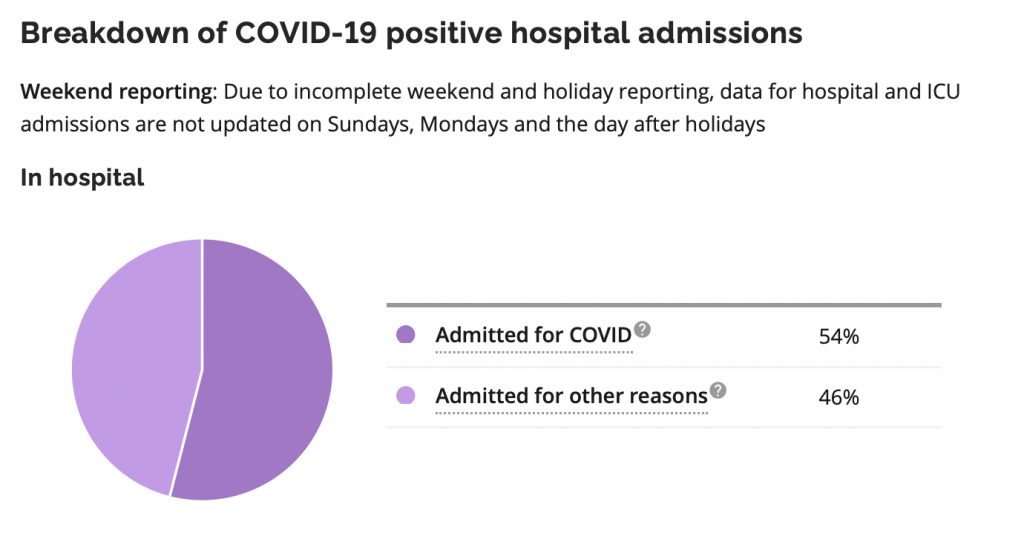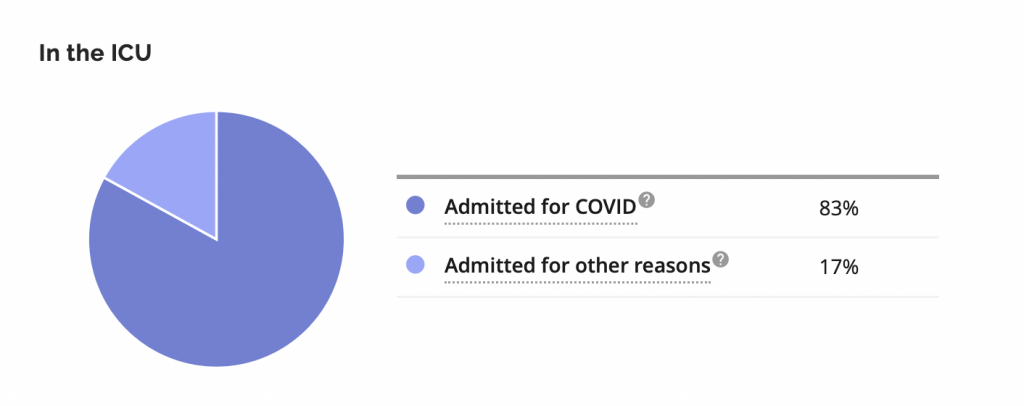This is a weekly roundup of pieces I read on other sites around the web. Click on the titles to open the articles in a new tab. Happy reading!
Tim Keller on the Church Crisis That He Never Had to Face as a Pastor—But You Do
“In virtually every church there is a smaller or larger body of Christians who have been radicalized to the Left or to the Right by extremely effective and completely immersive internet and social media loops, newsfeeds, and communities. People are bombarded 12 hours a day with pieces that present a particular political point of view, and the main way it seeks to persuade is not through argument but through outrage. People are being formed by this immersive form of public discourse—far more than they are being formed by the Church.”
Have you seen this in your own church?
Bill C-4: History, Concerns, and Response – The Gospel Coalition | Canada
Good words here from Pastor Paul Carter:
“I fully recognize that a day may well come when there is a heavy price to pay in this country for faithfully preaching what the Bible has to say about human sexuality and gender. If it comes – when it comes – I will count it an honour to suffer on behalf of Christ. Until that time, and as long as the Lord gives me life and breath, I will continue to use every opportunity I have to reach out in love and Gospel concern to my fellow Canadians.”
The Church On The Other Side: Anticipations And Concerns – The Gospel Coalition | Canada
Paul Carter (again):
“During a season of prolonged conflict, polarization, and civil unrest, moderate views begin to look like cowardice, restraint begins to look like abdication, wisdom begins to look like inaction, extremism becomes the norm on every side. The end result is a breakdown in civility and the loss of any inclination toward peace. That seems to be precisely what we are now observing in the evangelical church in Canada during the latter stages of this pandemic.”
This is something I’m really concerned about as well. All sorts of new dividing lines have been introduced over the last two years. People have been leaving churches for political reasons, something fairly common south of us but not common until recently here in Canada.
If you are into quotes and quote graphics, check out my Instagram page (link below)Header Photo by Tim Mossholder on Unsplash




















